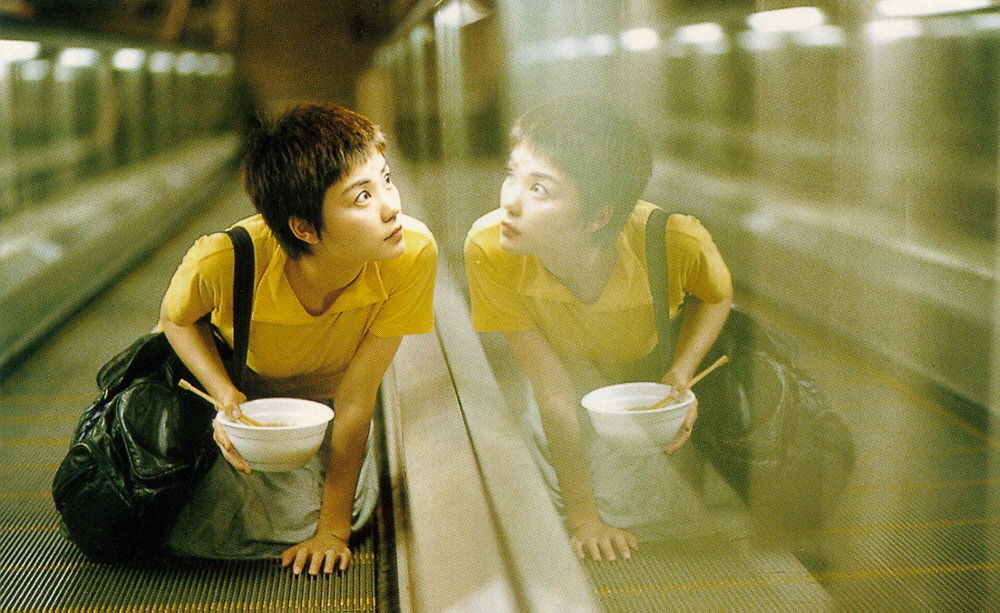
Platonic love is something that almost everyone has gone through. It’s a type of love, or close relationship that is nonsexual. It is named after Plato, though the philosopher never used the term himself. Platonic love as devised by Plato concerns rising through levels of closeness to wisdom and true beauty, from carnal attraction to individual bodies to attraction to souls, and eventually, union with the truth.
Though Plato’s discussions of love originally centered on relationships that were sexual between members of the same sex, scholar Todd Reeser studies how the meaning of platonic love in Plato’s original sense underwent a transformation during the Renaissance, leading to the contemporary sense of nonsexual heterosexual love.
Platonic love in the modern sense represents the idea of two people supporting each other without sexual elements coming into play. Cinema, of course, delves right into this subject matter, because it’s engaging and has everything to do with the human psyche. Cinema loves that! Let’s take a look at some of the best movies about platonic love…
10. Le Fabuleux Destin d’Amélie Poulain
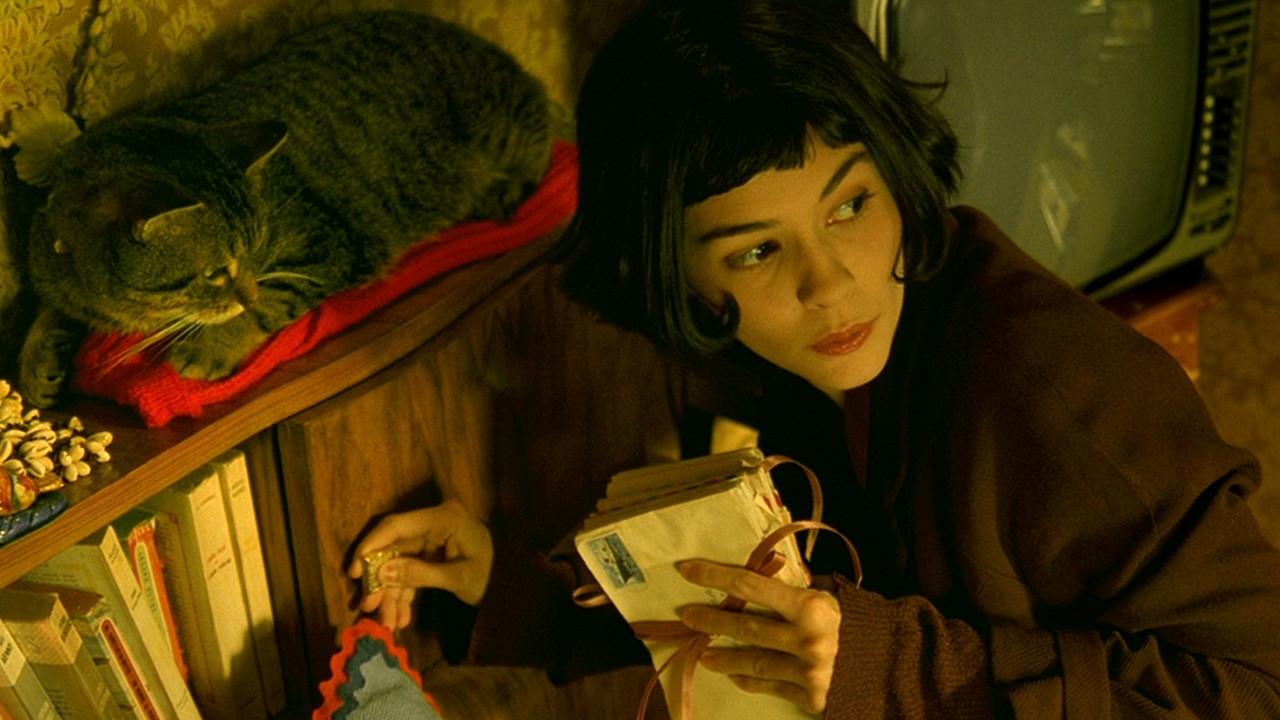
It’s reasonable to start the conversation with something sweet. That’s the kind of movie “Amélie” is. It is undeniably sweet and it makes you happy to be alive. It plays beautifully with our human emotions. There is a very charming girl in the leading role and those colors… not to mention it is set in Montmartre. You have to be an android not to at least enjoy this movie. Jean-Pierre Jeunet’s pastry of a movie is for everyone.
Amélie’s platonic relationship with Nino is at the center of the story. Amélie likes Nino so much that one day when she sees him in her café, she dissolves into a puddle of water. She wants Nino, but for some eccentric reason, she doesn’t go about anything in a straightforward manner. It comes to a point that she flat out stalks Nino. Never mind all that. Will the relationship morph into something romantic? You shall see.
9. Never Let Me Go
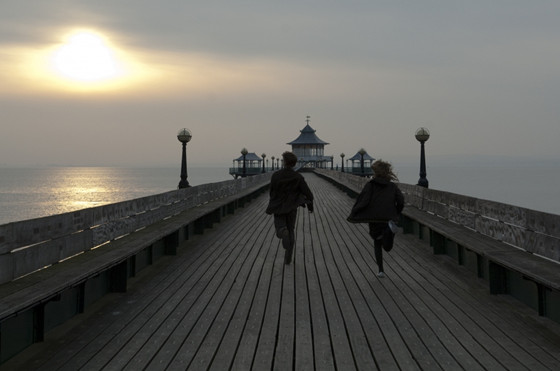
There is something intriguing about this film, adapted by screenwriter Alex Garland from the Kazuo Ishiguro novel, and directed by Mark Romanek. It’s a classy British drama, based on a premise that has already been explored by genre writers.
Carey Mulligan, Andrew Garfield and Keira Knightley play Kathy, Tommy and Ruth, who have grown up together in a boarding school in an alternate-reality England. The children are being groomed for a self-sacrificial destiny. When they realise what that destiny is, it comes with repercussions for their relationship, which becomes a distorted love triangle.
Its grim atmosphere adds to the despair of unrequited love. You just want these two people (I won’t say which ones) to be happy together and escape their maligned fate. The story by Ishiguro is a devastating one, which can only be written by a great writer. Garland, who is a sci-fi great himself, showcases his talents adapting this masterpiece of a novel.
8. Im Juli
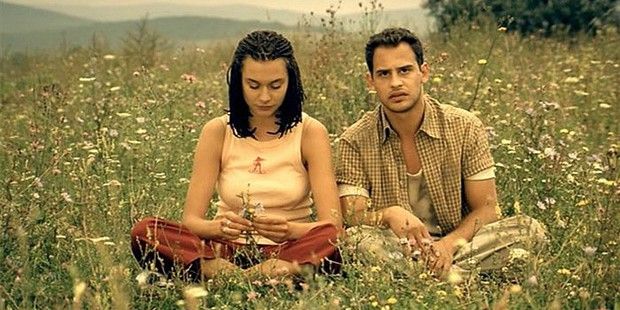
Turkish-German director Fatih Akın is one of my personal favorites. He has a sense of humor and a great eye for cinema. You just feel it in his movies. If you haven’t watched his other works “Soul Kitchen,” “Gegen die Wand” or the amazing “In the Fade,” which won a Golden Globe last year, you are missing out. But one movie of his has a special place in my heart. That is “Im Juli.”
A man who has always been unlucky in love thinks his fortune may have changed, only to find his life becoming all the more complicated. Daniel is a shy teacher who is unsure around women. When he meets Melek, a beautiful Turkish woman, he falls in love and decides to meet up with her in Istanbul.
However, on the road, Daniel spots Juli, a woman he knows, trying to hitch a ride. Daniel picks her up, seemingly oblivious to the fact that she has deep feelings for him. When Juli discovers why Daniel is making a long trip through Europe, she thinks this could be her last chance to win him over. Their journey is worthy of Odysseus, full of dangerous and often hilarious events.
The platonic relationship between oblivious Daniel and charming Juli will warm your heart. The chemistry, the writing, and the direction all contribute to making this a wonderful movie.
7. Fucking Åmål
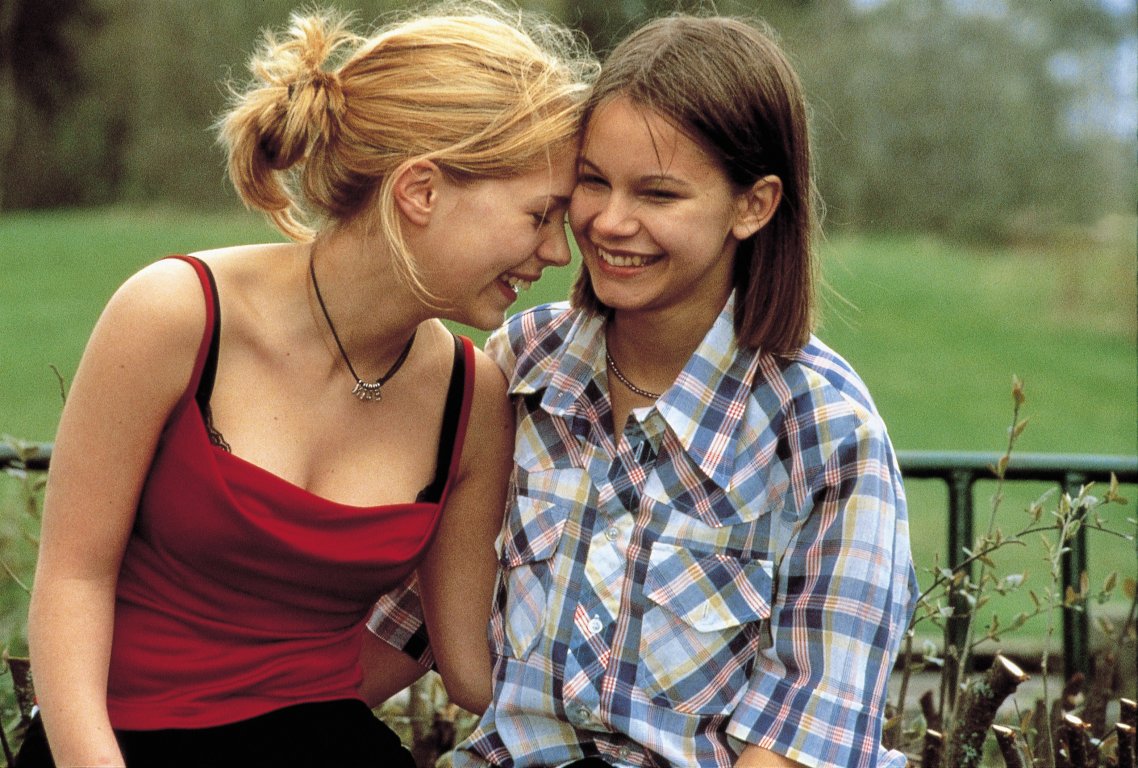
This coming-of-age comedy is set in a little Swedish town called Åmål — the most boring place on Earth, according to young Agnes. Agnes is not able to make friends at school. She’s in love with Elin, but no one knows about it except her computer, which is a safe haven for her love letters. One day at a party, a friend bets Elin that she can’t kiss Agnes, and she does, sending the wrong message to Agnes, who doesn’t know about the bet.
One of the truest moments in the movie occurs when the girls confess to each other that they have no sexual experience. The “lesbian” reveals that the kiss on a bet was the first time she has kissed a girl, and Elin, who has a reputation for promiscuity, confides that she is a virgin.
“Fucking Åmål / Show Me Love” is not really about sexuality. It’s about finding company in unlikely people. It’s more about living in a town that makes the girls feel trapped. Maybe all the teenagers in every town feel like nothing is happening in their lives, and they will never find love or be understood. Maybe that’s just human nature. In its understated way, this movie loves teenagers. This is a very rare thing to see in movies about teenagers. We can thank Lukas Moodysson for that.
6. Les Amours Imaginaires
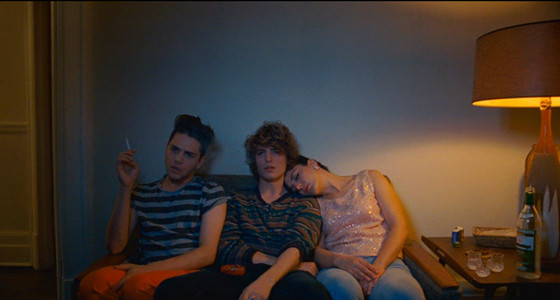
Francis and Mary are best friends. One night, they meet Nick, a young man who has just moved to Montreal. From encounter to encounter, Francis and Mary fall deeper into their shared obsession with Nick. Soon, they find themselves in a love duel that threatens the friendship they thought was indestructible. All for platonic feelings. Well…
It is unbelievable how talented Xavier Dolan is. He finds rhythm in everything. Visually stunning scenes, accompanied by a great soundtrack, make this movie an interesting experience.
One of the movie’s most engaging features are the mini-interviews that punctuate it, with autobiographical commentary supposedly drawn from real-life events. The self-aware comments they offer on the meaning of life and love will be clichés to an older audience, and presumably deep, though always a fun philosophy for the film’s intended demographic: young people.